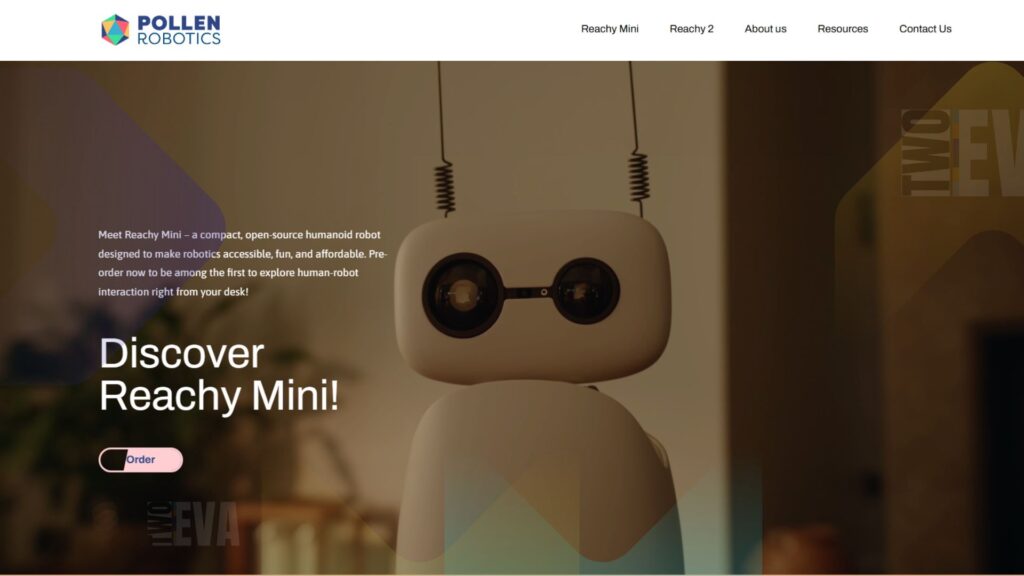Britain’s Competition and Markets Authority (CMA) has initiated a formal investigation into Alphabet’s multibillion-dollar partnership with artificial intelligence startup Anthropic, marking another significant regulatory scrutiny of big tech’s growing influence in the AI sector.
The investigation, which began seeking views from industry stakeholders in July, focuses on Alphabet’s $2 billion investment in Anthropic, including an initial $500 million commitment and an additional $1.5 billion pledged over time. The CMA has set December 19 as the deadline for its Phase 1 decision, which will determine whether a more in-depth investigation is warranted.
This probe emerges against an intriguing backdrop. Anthropic, co-founded by former OpenAI executives Dario and Daniela Amodei, has positioned itself as a significant player in the AI landscape. The startup gained attention for its approach to AI safety and its Claude series of AI models, which compete directly with OpenAI’s GPT models.
The CMA’s primary concerns center on whether this substantial investment could create a “relevant merger situation” that might substantially lessen competition in the UK’s AI market. The regulatory body is particularly focused on examining how Anthropic’s use of Google Cloud services, combined with significant financial backing, might affect competition from other cloud providers and AI developers.
Alphabet defended its position through a spokesperson who stated: “Anthropic is free to use multiple cloud providers and does, we don’t demand exclusive tech rights. We’re committed to building the most open and innovative AI ecosystem in the world.”
This investigation reflects a broader trend of increased regulatory scrutiny in the AI sector, particularly following Microsoft’s significant investment in OpenAI and Amazon’s own partnership with Anthropic. Global regulators are increasingly concerned about the concentration of power in the hands of a few major tech companies.
The outcome of this probe could have far-reaching implications for future partnerships between tech giants and AI startups. Industry experts suggest that a negative finding could lead to more stringent oversight of similar deals, potentially affecting how major tech companies approach investments in emerging AI technologies.
The CMA’s investigation comes at a crucial time when regulators worldwide are ramping up their scrutiny of AI partnerships. The regulator’s decision could set a precedent for how similar partnerships are evaluated worldwide, potentially reshaping the landscape of AI development and competition.
As the December deadline approaches, both industry observers and competitors will be watching closely to see how this investigation might influence the future of AI partnerships and investments in the UK and beyond.

















